- Books Name
- class 8 th Mathematics Book
- Publication
- ReginaTagebücher
- Course
- CBSE Class 8
- Subject
- Mathmatics
Chances and Probability
Relating chance and probability
- Chances that it would rain on a sunny day or not.
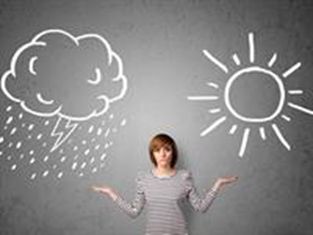
- Chances that he/she wins or loses a game.
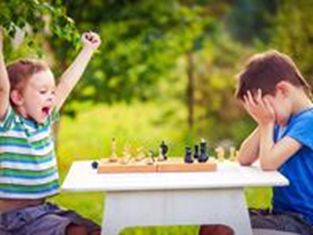
- Chances that the train would arrive late to the station.

- Chances of getting an expected question in the examination.

- Chances that a political party wins or loses in the election.
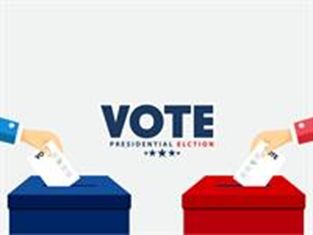
- Chances of getting a head or a tail in tossing a coin.
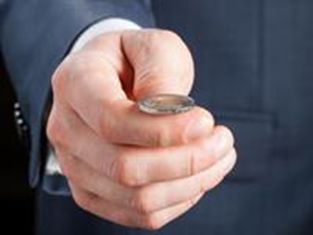
Probability is a mathematical term of expressing the chance or predicting the happening of an event mathematically.
Consider the example of playing cards, the probability that the drawn card is a king of hearts is given by 1/52 where 52 is the total number of cards in a deck.
Terminologies in probability
The experiment where the results can not be controlled or predicted though the results are known is said to be a random experiment.
Rolling a die.
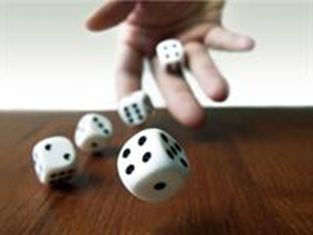
Outcome
Every result of an experiment is an outcome.
On a random experiment of rolling a die, the possible outcomes are 1,2,3,4,5 or 6.
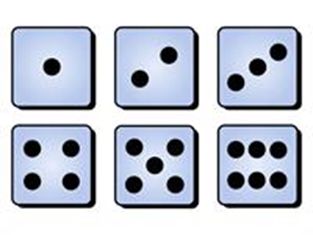
Equally likely outcome
If the chances of occurrence of an outcome in an experiment are the same, then the outcomes are said to be equally likely. In other words, the probability of each outcome is the same.
Every outcome of an experiment or the collection of outcomes of an experiment is referred to as an event.
What is the probability of an event
The mathematical expression or the formula to represent the probability of an event is given by:
Probability of an event=Number of favourable outcomesTotal number of possible outcomes
n a deck of cards, there are 52 cards in a deck which comprises of 13 spade cards, 13 clover cards, 13 heart cards and 13 diamond cards.
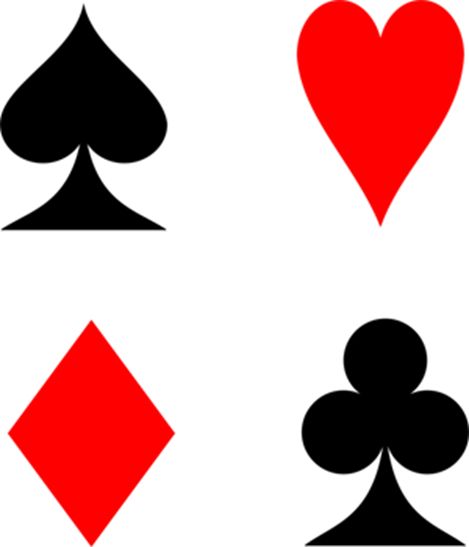
Every category of 13 cards composes of a king, a queen, a jack, an ace and cards numbered from 2 to 10
The spade and the clover are black cards and the heart and the diamond are red cards.
Hence, there are totally 13+13=26 black cards.
Similarly, there are totally 13+13=26 red cards.

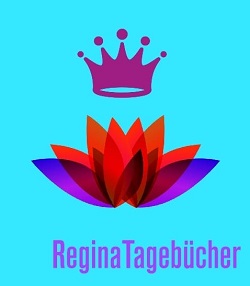 ReginaTagebücher
ReginaTagebücher
